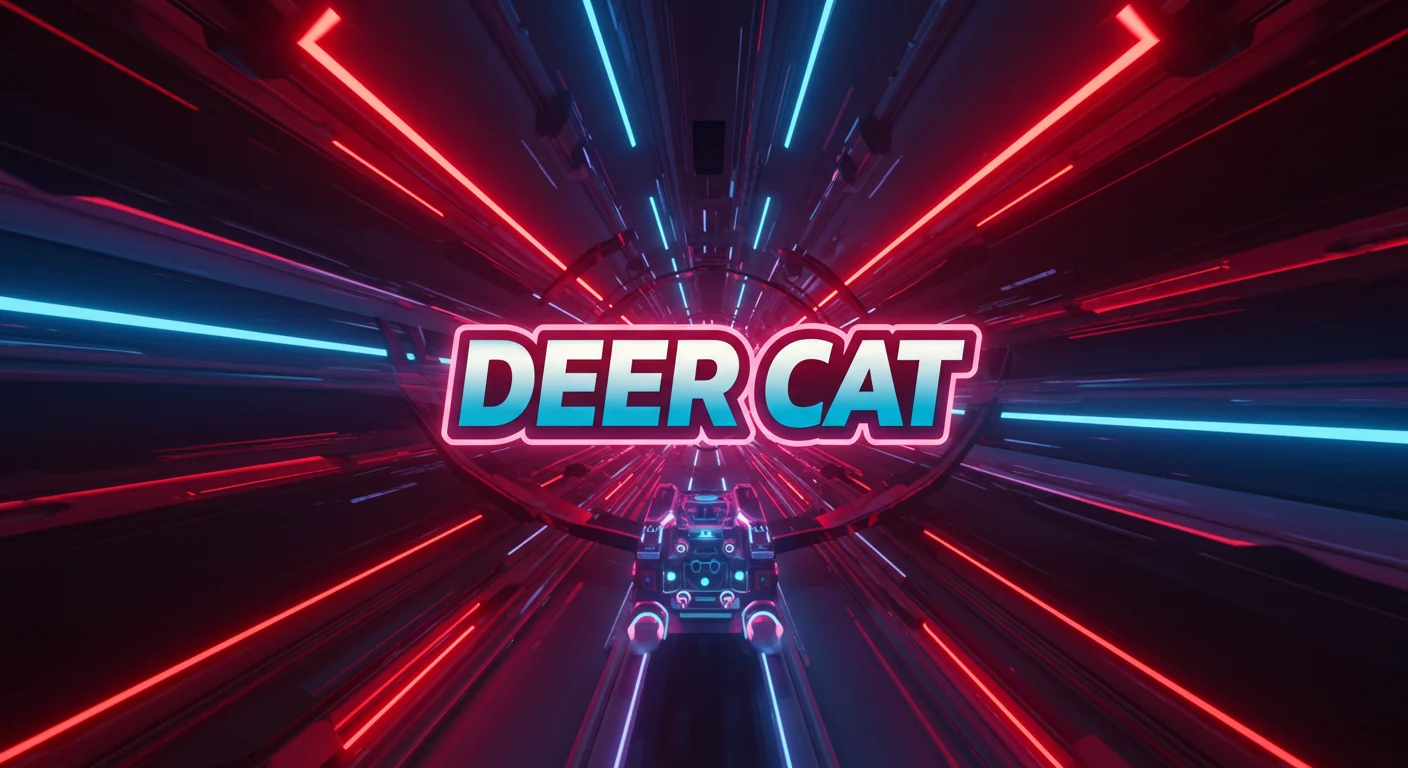Tatsuki Fujimoto’s hit manga series Chainsaw Man has taken the anime and manga world by storm with its unique blend of horror, action, and dark humor. At the center of this bloody tale is Denji, the series’ unlikely protagonist whose journey from abject poverty to becoming a powerful devil hunter forms the emotional core of the story. Let’s explore Denji’s compelling character arc and how it exemplifies some of the best character development in modern manga.
Denji’s Humble Beginnings
When we first meet Denji, he’s living in squalor, crushed under his deceased father’s yakuza debts. His only companion is Pochita, a cute chainsaw devil who helps Denji scrape by as a low-level devil hunter. Denji’s dreams are heartbreakingly simple – to eat a nice meal, sleep in a warm bed, and maybe even touch a girl’s chest. These modest aspirations highlight just how deprived Denji’s life has been up to this point.
Fujimoto does an excellent job establishing Denji as a sympathetic underdog from the start. Despite his rough circumstances, Denji maintains an oddly cheerful and determined attitude. His bond with Pochita also shows he’s capable of genuine companionship, even if he lacks social graces. This sets the stage for Denji’s growth as he gains new powers and experiences.
Gaining Power and Purpose
Denji’s life changes dramatically when he’s betrayed and killed, only to be resurrected by Pochita as the powerful Chainsaw Man. Suddenly, Denji finds himself recruited by the government’s Public Safety Devil Hunters and under the wing of the enigmatic Makima. With a steady paycheck and a semblance of stability for the first time, Denji begins to expand his worldview beyond mere survival.
This section of the story allows Denji to explore his newfound abilities while still maintaining his core personality. His reactions to the various devils and dangers he faces are often hilarious, as he approaches terrifying situations with an almost childlike mix of enthusiasm and obliviousness. Yet we also see glimmers of Denji developing a sense of duty and camaraderie with his fellow devil hunters.
Forming Bonds and Finding Family
Some of the most touching moments in Chainsaw Man come from Denji’s growing relationships with characters like Power and Aki. Though they start as reluctant allies, Denji comes to view them as a makeshift family. His protectiveness towards them and genuine grief when they’re harmed shows significant emotional growth from the loner we met at the start.
These connections also challenge Denji to think beyond his own immediate needs and desires. He begins to consider how his actions impact others and grapples with complex moral dilemmas for the first time. It’s a key step in his maturation from a simple survivor to a more well-rounded individual.
Confronting Trauma and Manipulation
As the series progresses, Denji faces increasingly traumatic situations that force him to confront the harsh realities of the world he inhabits. The Gun Devil arc in particular puts Denji through physical and emotional hell, culminating in him having to kill his friend Aki after he’s turned into a fiend. These experiences chip away at Denji’s carefree attitude and push him to wrestle with deeper existential questions.
Denji’s relationship with Makima also evolves in fascinating ways throughout the story. Her manipulation of Denji, playing on his desire for affection and belonging, is both captivating and heartbreaking to watch unfold. It’s a masterful portrayal of how even someone with Denji’s power can be vulnerable to psychological abuse.
Breaking Free and Forging His Own Path
The climax of Part 1 sees Denji finally breaking free from Makima’s control and embracing his identity as Chainsaw Man. It’s the culmination of his character arc, as he rejects the idea of being anyone’s pet or tool. Denji chooses to live for himself while still protecting others, finding a balance between his selfish impulses and newfound sense of responsibility.
This moment of self-actualization sets the stage for Denji’s role in Part 2 of the manga. While he’s still the same crass, food-obsessed goofball at his core, Denji now approaches life with more wisdom and agency. His growth feels earned after everything he’s endured.
Why Denji’s Development Resonates with Fans
Denji’s character arc has struck a chord with manga readers worldwide for several reasons:
- Relatable struggles: Despite the fantastical setting, Denji’s desire for basic comforts and human connection is deeply relatable.
- Organic growth: His development feels natural and earned, avoiding sudden personality shifts.
- Maintaining core traits: Even as he matures, Denji retains the rough edges and quirks that make him unique.
- Subverting tropes: Denji defies many typical shonen protagonist traits, making his journey feel fresh.
Fujimoto’s storytelling in Chainsaw Man expertly balances humor, horror, and heart. Denji’s growth serves as an emotional anchor amidst the chaotic and often gruesome events of the plot. It’s a testament to the mangaka’s skill that readers become so invested in this former nobody’s quest to find meaning and happiness.
The Impact on Manga Storytelling
Denji’s character development in chainsawmanga.net has already influenced other manga series. His morally grey nature and gradual maturation offer a template for creating compelling protagonists that break the mold of traditional shonen heroes. The series’ popularity has also encouraged more mangaka to take risks with darker themes and unconventional character arcs.
As Chainsaw Man continues in Part 2, fans eagerly anticipate how Denji will further evolve. Will he be able to maintain his hard-won sense of self, or will new challenges force him to change once again? Regardless of where the story goes, Denji’s journey from poverty to power has solidified his place as one of the most memorable manga protagonists in recent years.
What are your thoughts on Denji’s character development in Chainsaw Man? How do you think it compares to other manga protagonists? Share your experiences and opinions in the comments below!




























